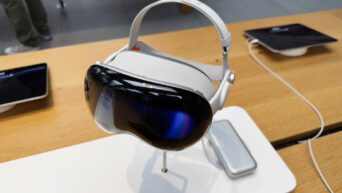
Credit: The Florida Aquarium
Fresh, home-grown coral, GMO-free.
While Australia’s Great Barrier Reef is the most well-known coral reef in the world, the United States is only a couple of slots behind it with the Florida Reef, the third largest coral reef in the world behind the Great Barrier and the Belize Barrier Reef. Unfortunately, much like the Great Barrier, the Florida Reef is at constant risk from bleaching events and other undersea diseases. Worldwide reef conservation efforts have mostly focused on reviving reefs through methods like encouraging fish to move in and promoting the gathering of sediment. Scientists at the Florida Aquarium, however, have taken a different approach.
Researchers secured samples of ridged cactus coral from the Florida Reef, which has been under attack by a mysterious marine disease for the last six years. The coral is being cared for in captivity, and earlier this month, the very first instance of lab-grown coral came into the world. The scientists have gained an impressive swath of data from the lab coral, including how it buds and reproduces.

Credit: The Florida Aquarium
“We are losing coral species faster than we can learn about them,” Keri O’Neil, a senior coral scientist at the Florida Aquarium, told CNN. “This breakthrough is just really exciting; we’re still learning basic new things you’d think we’ve known for hundreds of years. It’s just people never worked with this species before and now that we have the opportunity to work with these corals in the lab, we’re going to find out so much more about them.”
The Florida Aquarium scientists are currently participating in “Project Reef,” a global effort to revitalize the world’s reefs through a variety of scientific methods. The Florida Aquarium, along with London’s Horniman Museum and Gardens, are focusing on growing new coral in a lab setting. If they can build a steady supply of healthy coral in a lab, then even if a large swath of natural coral is killed by disease, the lab stuff can be transplanted in to keep the reef alive.
































